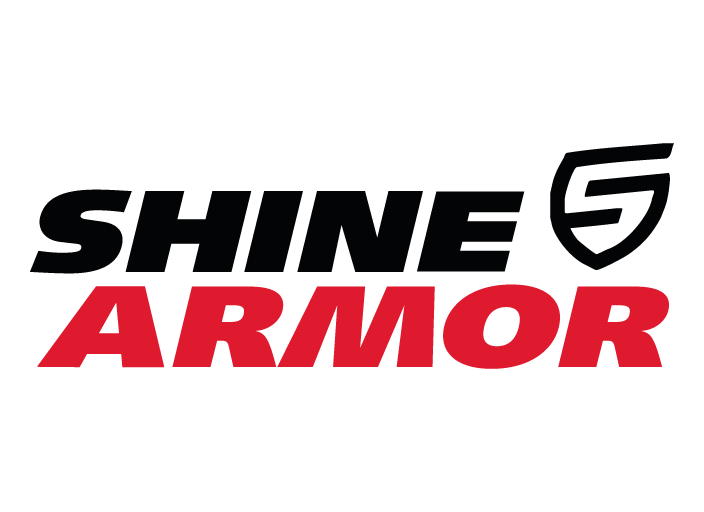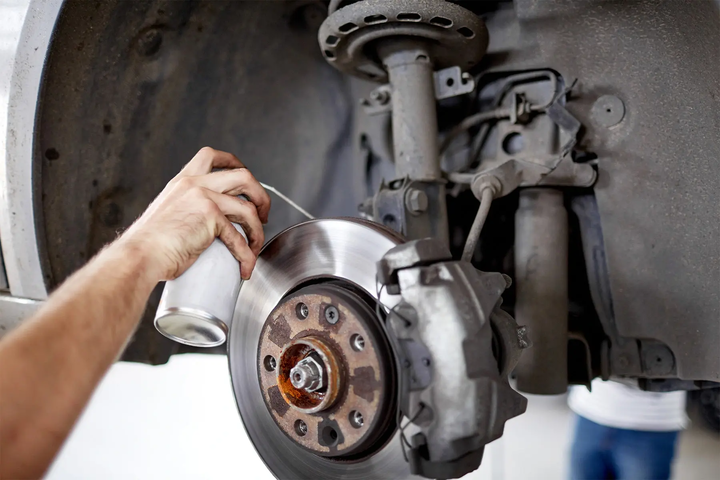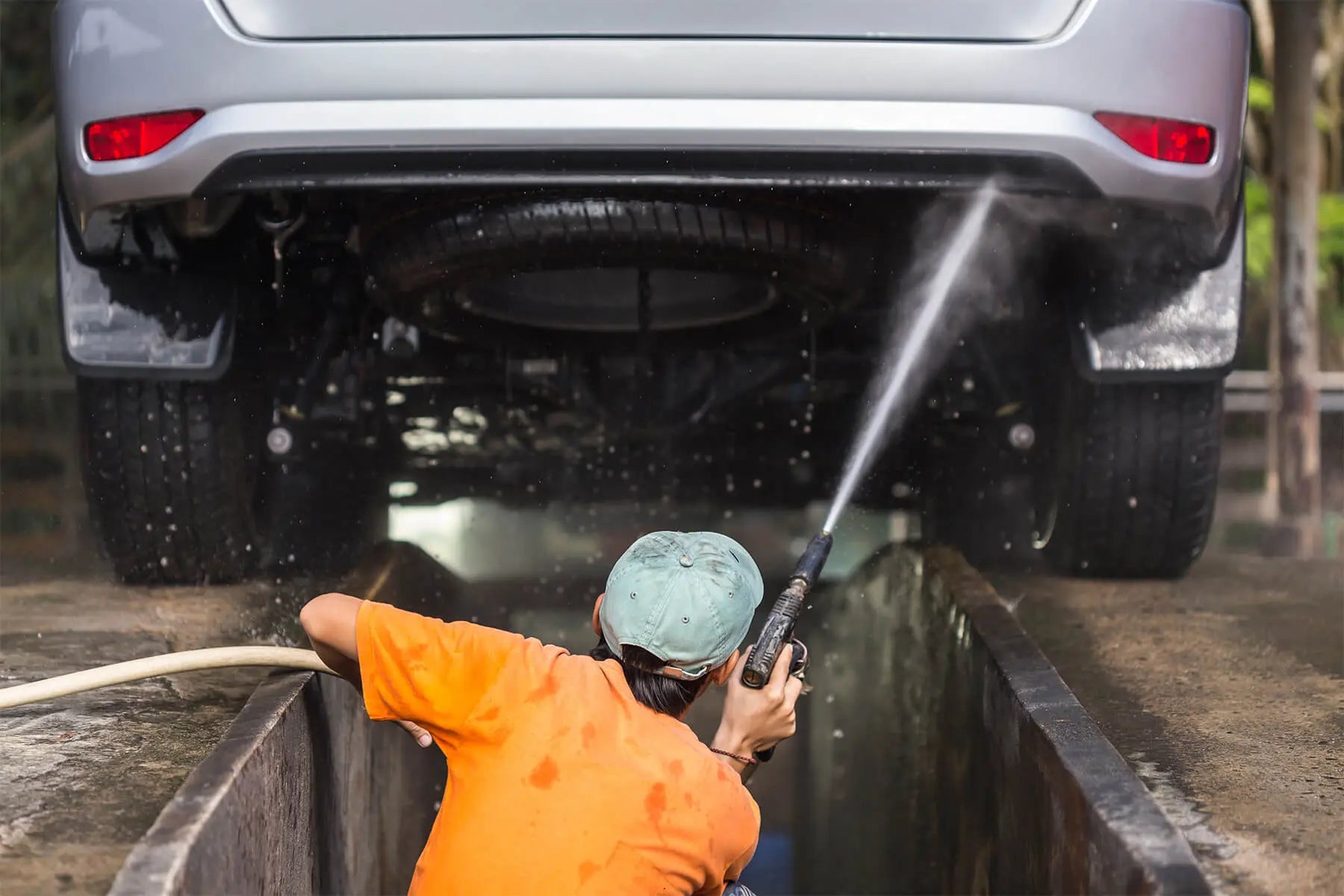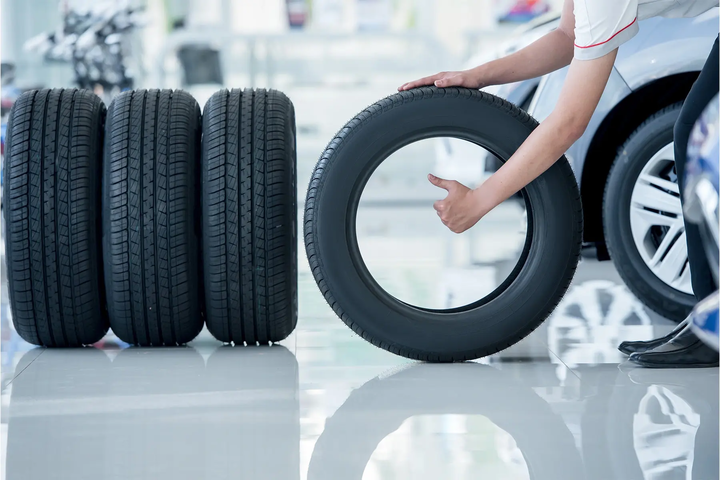
High-octane fuel is something that you've undoubtedly seen your buddies utilize. They probably advised you to do so because it improves the car's efficiency and speed. Although this is not correct, at least you are familiar with the concept of high-octane gasoline. There are several fuel options, including "regular," "premium," and "plus," available at the pump. Read on to learn more in this article of shine armor blog!
These diverse forms of transportation fuel are priced differently and have varied connotations. If you want your car's engine to run as long as possible, it's essential to use the fuel type recommended by the manufacturer.
Relevant Product: Performance Booster Oil Additive
High-performance automobiles, such as those with superchargers or turbochargers, require high-octane fuel. There are certain benefits to utilizing high-octane fuel that have been exaggerated in popular culture. However, conventional engines don't benefit nearly as much from high-octane fuel.
Why is it Beneficial to Use Gas with a Higher-Octane Rating?
The compression ratio of your engine can be increased if you use gas with a higher-octane rating. Cars with higher octane fuels have more sophisticated ignition timing and possibly even forced air inductions. Higher octane fuel is required for most superchargers and turbochargers. Premium gas is recommended for these engines. The octane rating your automobile requires will be displayed at the dealership. Always use the recommended octane rating. There is no benefit to using gas with a higher-octane rating in your vehicle.
However, your car's engine could be damaged if you use a lower octane rating than what is recommended by the manufacturer. Long-term use of low-octane fuel harms the engine and the pollution control system.
- Fortify Quick Coat
- Car Upholstery and Interior Cleaner
- Odor Eliminator
- Spray Wax Quick Coat
- Scratch Repair for Cars
Any Differences?
Higher octane ratings serve as a better anti-knock index, as was indicated earlier. This indicates that the energy density of gasoline remains the same even when using gas with a higher-octane rating. If your gas has a high-octane level, your engine will be less likely to "knock." Unless your car needs a higher-octane fuel, there's no use in getting it. Make sure your car actually requires higher octane gas before purchasing it, rather than doing so on the mistaken assumption that it will improve your vehicle's performance.
Research shows that the majority of drivers waste hundreds of millions of dollars annually on "premium" gas that they do not require. A higher-octane petrol will not make your automobile faster, more fuel efficient, or cleaner. Using it in a vehicle that only needs a regular one wastes money. You should switch to a higher-octane gas if your automobile starts knocking (very unlikely) while using the suggested fuel. Although higher-octane petrol may seem a better choice for your vehicle, lower-octane gas contains more energy. The term "stronger" gas is not always synonymous with "premium."
Let's look at the advantages and disadvantages of high-octane fuel:
Although high-octane fuel has numerous benefits for high-performance automobiles, it also has some flaws.
The Major Disadvantage of High-Octane Fuel:
Expensiveness is the significant drawback of high-octane fuel. High-octane fuel costs a few dollars more per gallon than ordinary petrol. When you fill up your automobile, you will see an enormous difference. Suppose you need high-octane gas because your car requires it; then you're in big trouble. Prices are continually rising and challenging to keep up with unless the vehicle is for business use.
The Benefits and Advantages of High-Octane Fuel:
High-octane fuel has many benefits. There are many positive outcomes for everyone involved when high-octane fuel is used. These benefits are:
The engine will be protected from rattling. Using fuel with a lower octane grade than what was advised by the vehicle's manufacturer will cause the engine to knock. High-octane fuel is required in this situation. The engine automatically adjusts the ignition timings when introducing high-octane fuel. A knocking engine can cause severe damage to your vehicle, potentially costing you thousands of dollars in repairs. Using high-octane fuel in a high-performance car is safer than taking any chances. If not, the vehicle's speed and the engine's output will suffer.
It will enhance the performance thanks to a higher torque. It is well-established that high-performance automobiles function better when fed high-octane fuel. Both racing cars and trucks designed to haul massive loads fall within the category of high-performance vehicles. Cars made by manufacturers are perpetually improved upon to be more capable than their predecessors. When cutting-edge engine technology is coupled with high-quality gasoline, everyone involved benefits.
It will decrease the carbon dioxide and greenhouse gas emissions.
Greenhouse gas emissions levies are something that large manufacturers must deal with. High-octane fuel vehicles produce fewer emissions than their lower-octane counterparts. This results in reduced tax rates for automakers producing these automobiles. Reduced air pollution is one environmental benefit of using a gas with fewer greenhouse gas emissions. Those who care deeply about minimizing their ecological footprint would do well to opt for a vehicle with a high-octane rating.
Which Is Best for Your Car?
You may be asking at this point whether premium or regular gas is better for your automobile. At the same time, it would be simpler to simply tell you one way or the other; the answer does vary from vehicle to vehicle and is best found in the owner's manual.
The people who made your car have already researched and figured out the solution to your problem. This information is easily accessible in the user guide. You can choose to use premium or regular fuel in a vehicle that specifies the opposite, but the wisest course of action is to use the fuel the manufacturer suggests.
Concluding Ideas
Whether or not your engine requires high-octane fuel is engine-specific. However, remember that an engine's octane rating is not static. Deposits inside the combustion chamber increase as an engine ages. Over time, these deposits limit the cylinder's volume, increasing the ratio of fuel to air burned in the engine. Because of this, it's not uncommon to come across machines that ping when they were previously silent. A higher-octane fuel may be required if the pinging becomes more frequent and evident. Pinging and knocking can cause expensive engine damage. To find out how much ping is safe for your car, especially as it ages, check the owner's manual or talk to a dealer.
Related Blogs:





